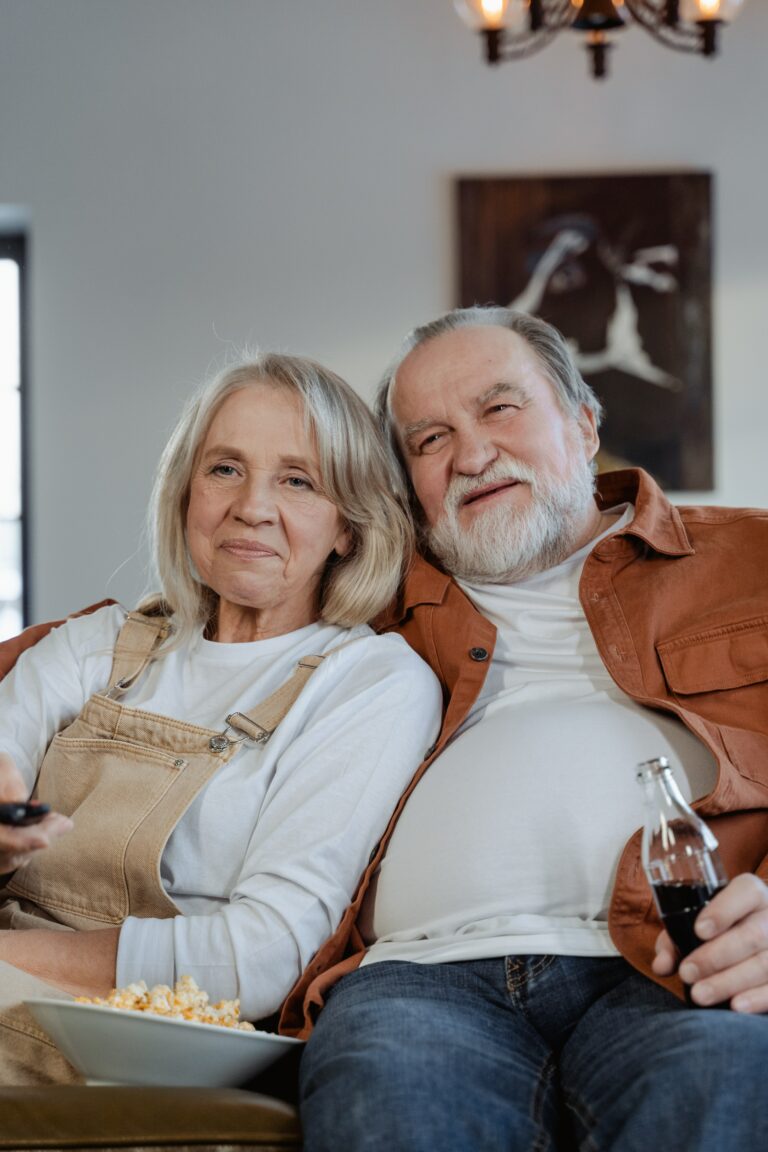
CNN’s recent article entitled, “Older Americans miss out on billions of dollars in benefits as inflation takes a toll” says that about 14 million adults age 60 or older qualify for aid from the federal Supplemental Nutrition Assistance Program (also known as food stamps) but haven’t signed up. More than three million adults 65 or older are eligible but not enrolled in Medicare Savings Programs, which pay for Medicare premiums and cost sharing. In addition, roughly 30% to 45% of older adults may be missing out on help from the Medicare Part D Low-Income Subsidy program, which covers plan premiums and cost sharing and lowers the cost of prescription drugs.
“Tens of billions of dollars of benefits are going unused every year” because older people don’t know about them, find applications too difficult to complete or feel conflicted about asking for help, said Josh Hodges, chief customer officer at the National Council on Aging, an advocacy group for older Americans that runs the National Center for Benefits Outreach and Enrollment.
Many programs serve seniors with extremely low incomes and minimal assets. However, that isn’t always the case. In fact, programs funded by the Older Americans Act, like home-delivered meals and legal assistance for those facing home foreclosures or eviction, don’t require a means test (but those with low incomes are often prioritized).
Some local programs, such as property tax breaks for homeowners, are available to anyone 65 or older.
“You’ve earned these benefits,” Hodges said, and older adults should think of them “like their Medicare, like their Social Security.”
In every community, Area Agencies on Aging, organizations devoted to aiding older people, perform benefits assessments or can refer you to other groups that conduct these evaluations. These assessments identify which federal, state, and local programs can assist with various needs – food, housing, transportation, health care, utility costs and other essential items. Agency staff will also frequently assist older adults in completing application forms and in collecting the required documentation.
A big mistake is waiting until a crisis hits, and there’s no food in the refrigerator or the power company is about to turn off the electricity.
“It’s a much better idea to be prepared,” said Sandy Markwood, chief executive officer of USAging, a national organization that represents Area Agencies on Aging. “Come in, sit down with somebody and put all your options on the table.”
Reference: CNN (Sep. 9, 2022) “Older Americans miss out on billions of dollars in benefits as inflation takes a toll”
Suggested Key Terms: Elder Law Attorney, Medicare, Social Security, Elder Care, Financial Planning
